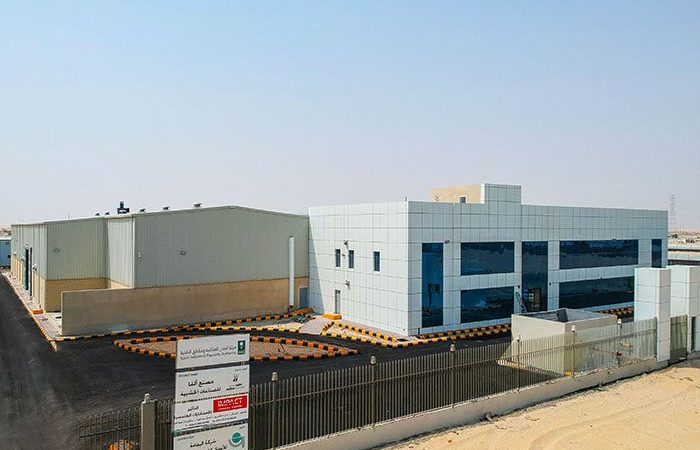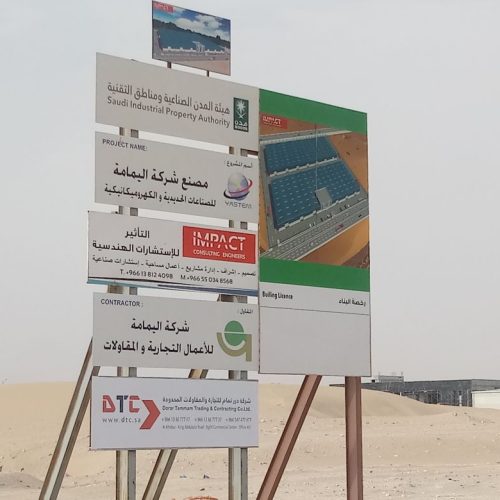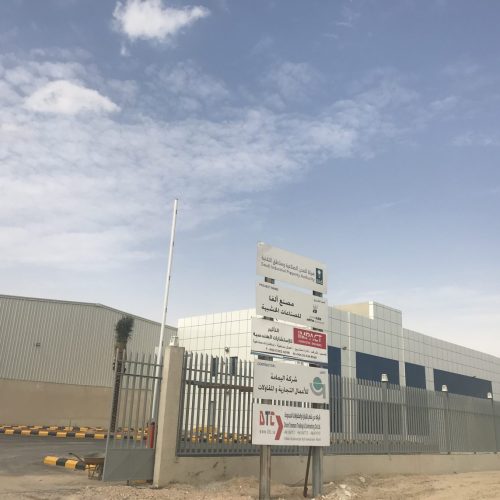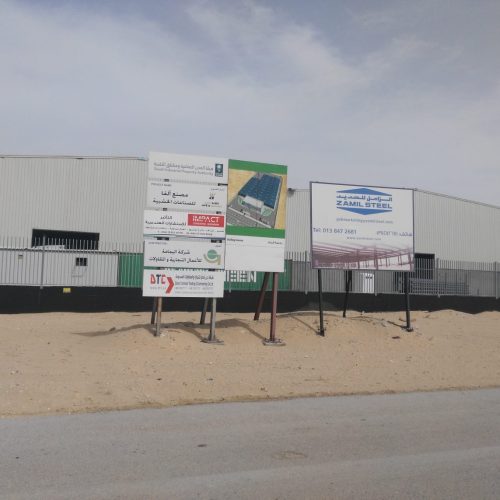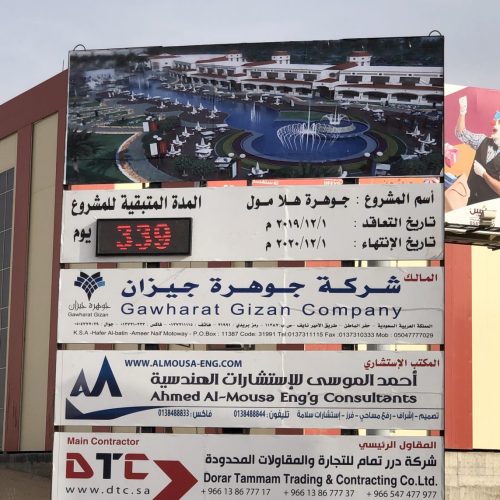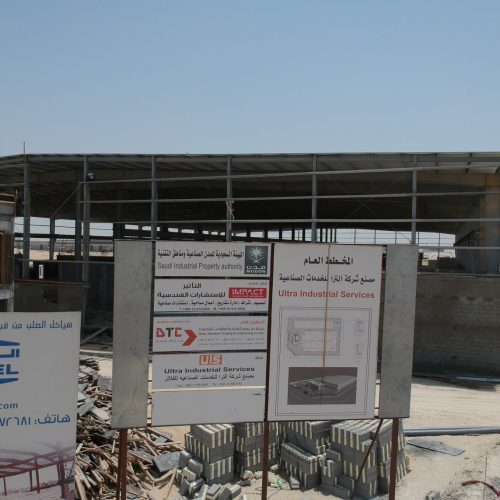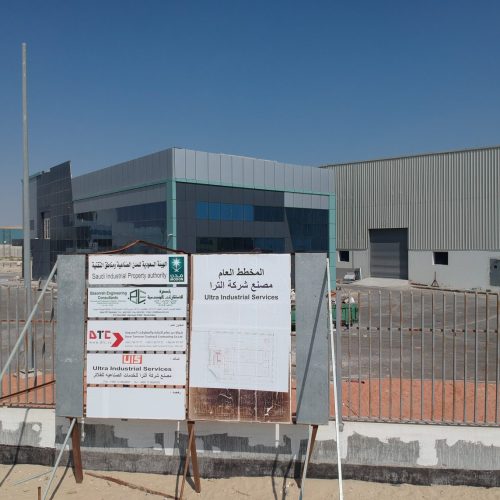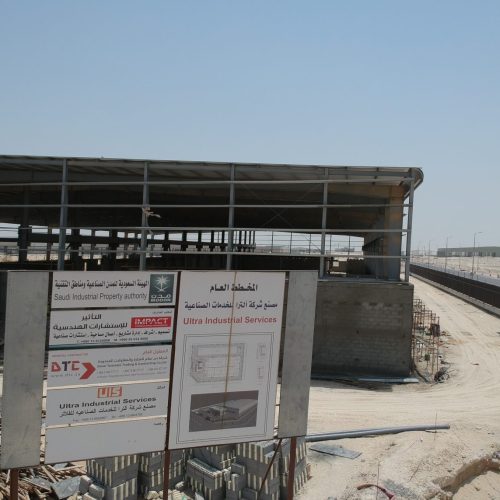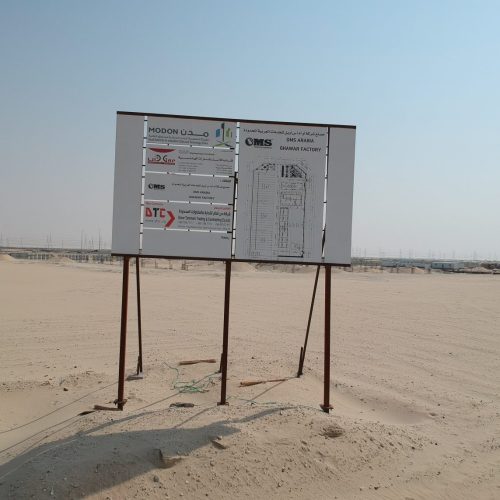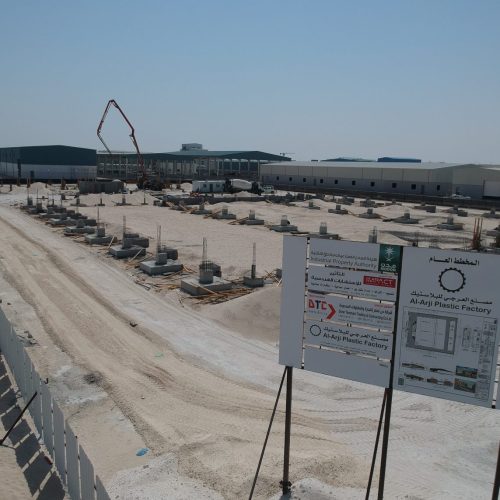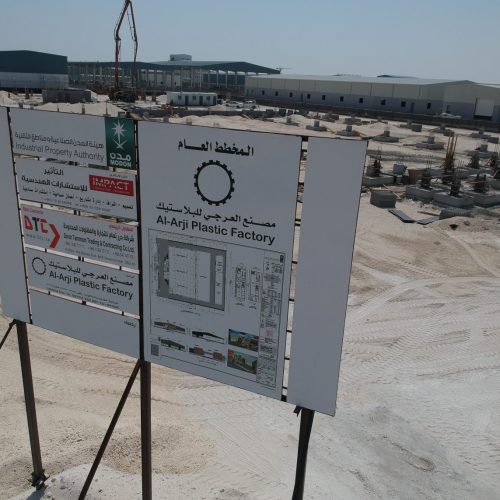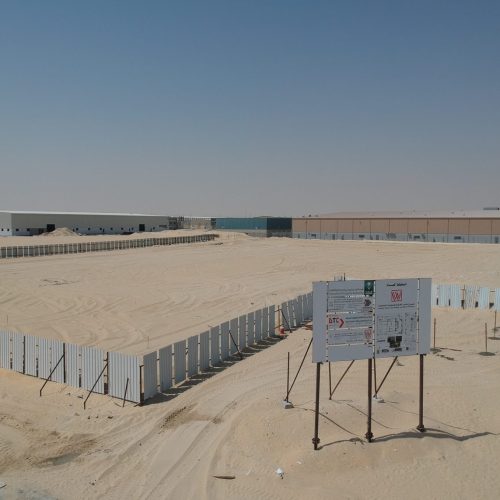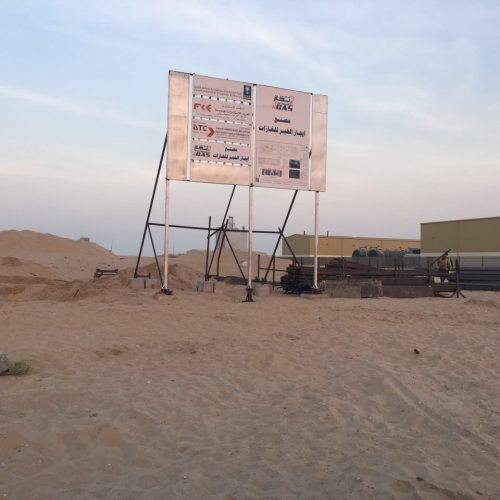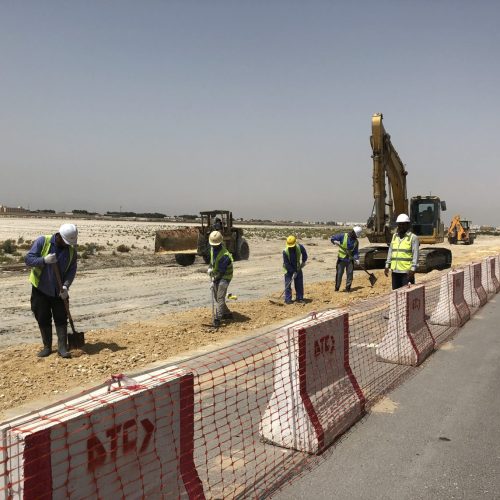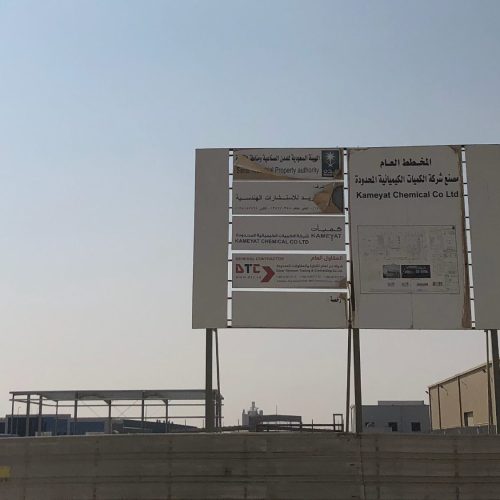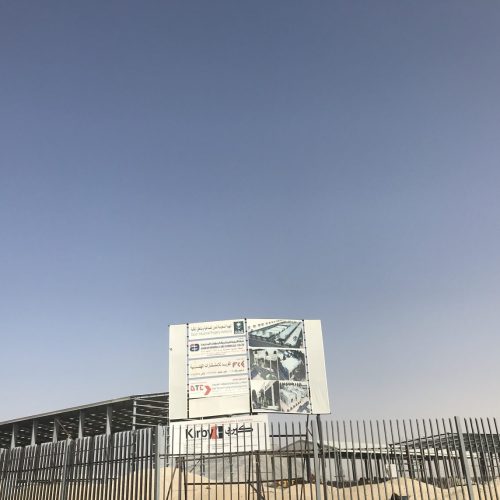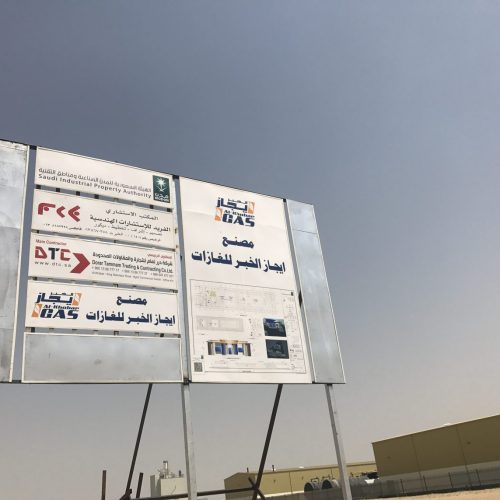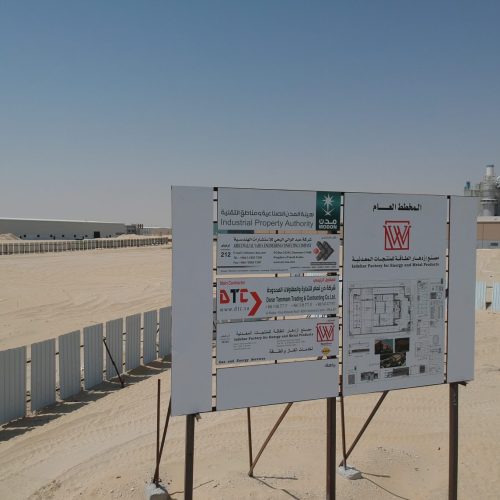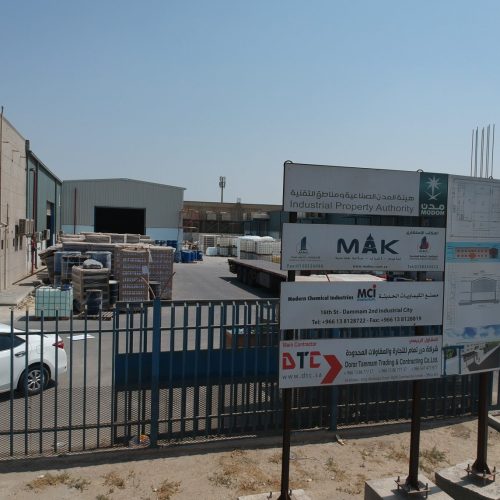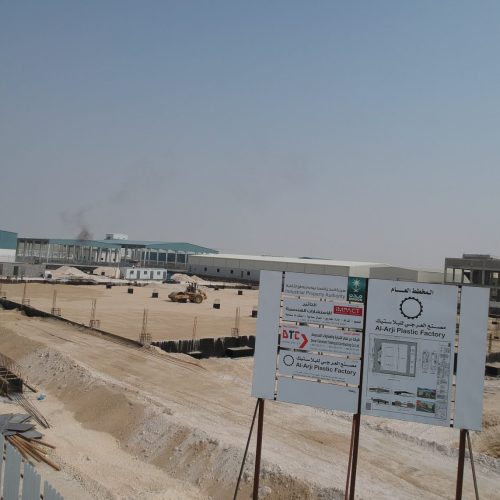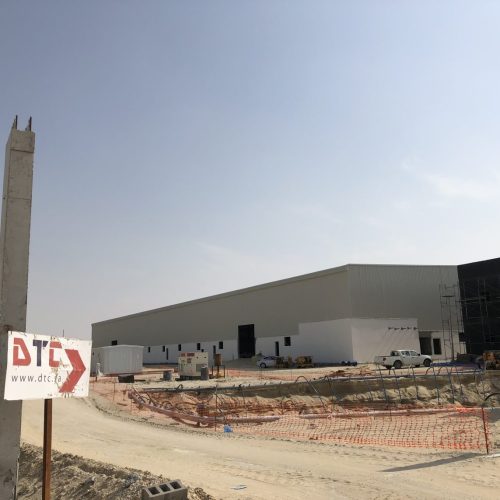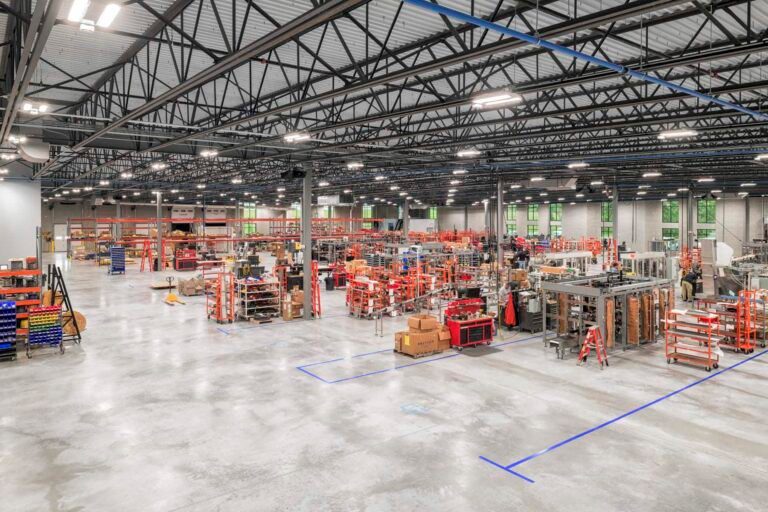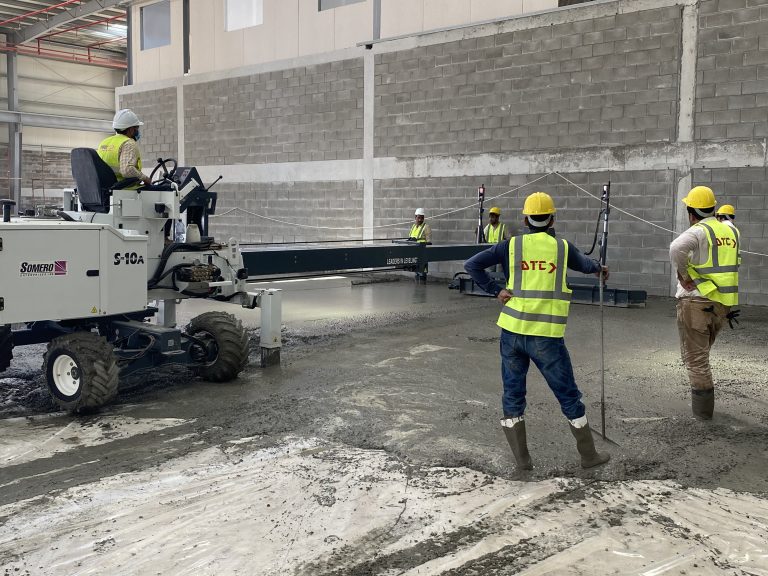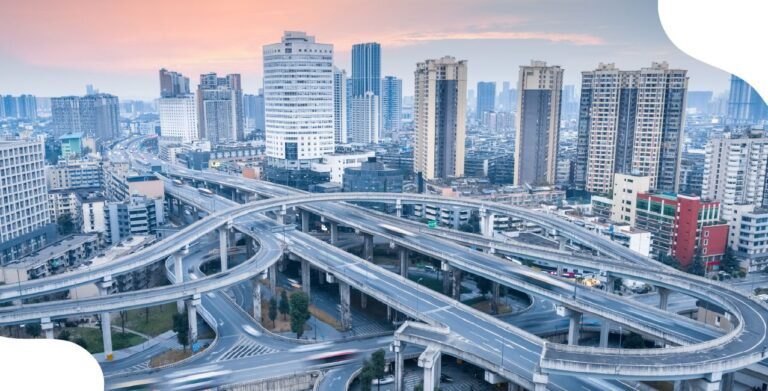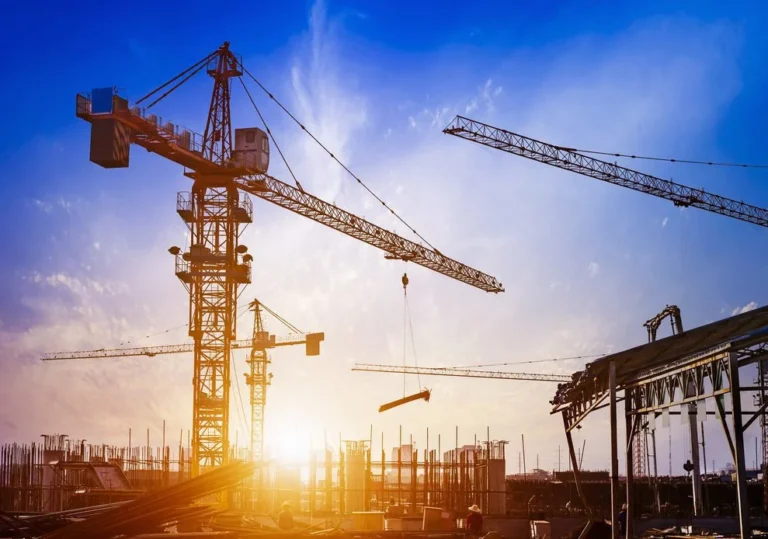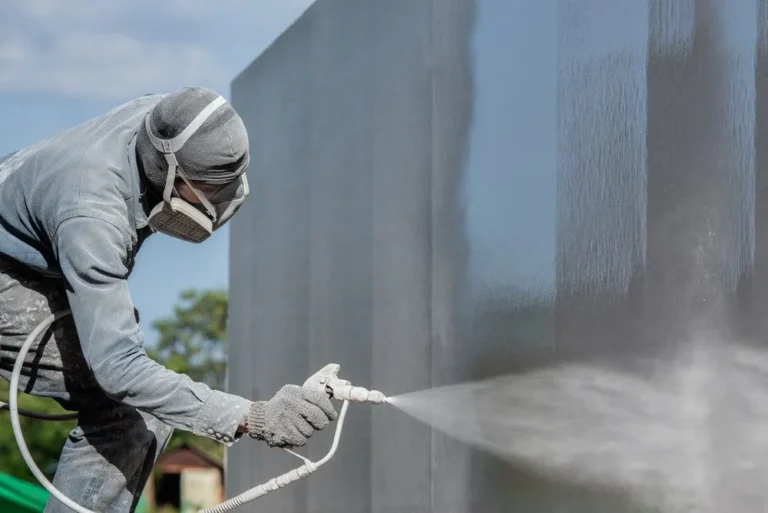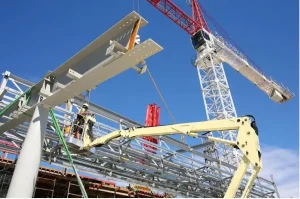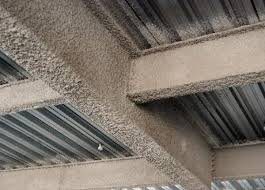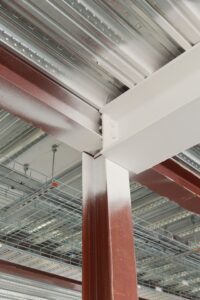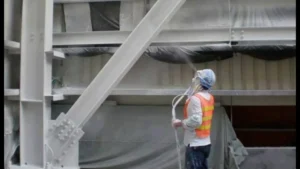Factory Building Standards in Saudi Arabia: Comprehensive Guide for Compliance and Safety (2025 Update)
Meta Description: Discover the latest factory building standards in Saudi Arabia for 2025 — covering design, safety, environmental, and regulatory requirements to ensure industrial compliance and sustainability.
Introduction to Factory Building Regulations in Saudi Arabia
Saudi Arabia’s industrial landscape has evolved rapidly over the past two decades, fueled by the ambitious Saudi Vision 2030. As the nation transitions toward economic diversification, the factory building standards in Saudi Arabia have become increasingly stringent to ensure safety, efficiency, and environmental sustainability.
These standards not only govern the structural integrity of industrial buildings but also set clear benchmarks for worker welfare, fire safety, and energy efficiency. They aim to align the Kingdom’s industrial infrastructure with global best practices while promoting a resilient manufacturing ecosystem.
Overview of Industrial Development in the Kingdom
The Saudi industrial sector contributes significantly to GDP growth, with new factories emerging across Riyadh, Jeddah, Dammam, and the Eastern Province. To support this growth, the government enforces precise construction standards that enhance operational safety and compliance.
Importance of Building Standards for Industrial Safety
Factory building standards serve as a framework for minimizing risks related to accidents, fires, and structural failures. By adhering to these standards, investors and developers not only protect workers but also reduce long-term operational costs.
Regulatory Authorities Governing Factory Construction
Several authorities regulate and monitor factory construction in Saudi Arabia, ensuring all projects meet established codes and safety benchmarks.
Saudi Building Code (SBC) and Its Relevance to Factories
The Saudi Building Code (SBC) forms the backbone of factory construction standards. It sets mandatory requirements for design, materials, electrical systems, fire protection, and accessibility. Factories must obtain SBC compliance certificates before operation.
Role of the Ministry of Industry and Mineral Resources
This ministry oversees factory licensing and ensures that all industrial structures comply with zoning and safety regulations. It coordinates closely with municipal and environmental agencies during project approvals.
Coordination with the Saudi Standards, Metrology and Quality Organization (SASO)
SASO establishes technical standards for building materials, equipment, and safety systems. Its certifications confirm product and installation compliance with national specifications.
Key Factory Building Standards in Saudi Arabia
The core of Saudi Arabia’s industrial infrastructure lies in strict technical and safety codes.
Structural Design and Load-Bearing Requirements
Factory buildings must meet SBC’s structural load and seismic design criteria. Engineers are required to perform soil testing and ensure foundations can withstand heavy machinery vibrations.
Fire Safety and Emergency Response Standards
Fire resistance, flame-retardant materials, and sprinkler systems are mandatory. Each building must include fire alarms, hydrant points, and clearly marked evacuation routes.
Electrical and Mechanical Safety Compliance
All electrical installations must meet IEC and SASO standards, with grounding systems inspected before commissioning. Mechanical systems like boilers and compressors require certification by authorized inspectors.
HVAC, Ventilation, and Indoor Air Quality Requirements
Proper ventilation prevents hazardous gas accumulation and maintains comfortable working conditions. Factories handling chemicals must install air filtration systems per SBC 703.
Accessibility and Worker Safety Regulations
Saudi codes mandate accessible pathways, non-slip flooring, safety signage, and emergency lighting to protect workers and visitors alike.
Environmental and Sustainability Requirements
Saudi Arabia is increasingly focused on green manufacturing and sustainable factory design.
Waste Management and Pollution Control Standards
Factories must implement waste segregation and disposal protocols. Hazardous waste must be treated according to the National Center for Environmental Compliance (NCEC) guidelines.
Energy Efficiency and Green Building Practices
The integration of renewable energy systems, LED lighting, and high-efficiency HVAC systems helps reduce carbon emissions and operational costs.
Factory Site Selection and Zoning Regulations
Industrial Zoning Laws and Permitted Land Use
Factories can only be built within designated industrial zones approved by local municipalities. Proximity to residential areas is restricted to ensure safety and environmental compliance.
Proximity to Utilities and Transportation Infrastructure
Access to power, water, and transport routes is essential. The Saudi Industrial Property Authority (MODON) facilitates infrastructure readiness for industrial zones.
Design and Construction Process Compliance
Planning and Design Phase Approvals
Architectural and engineering designs must be reviewed by certified consultants and approved by municipal authorities before construction begins.
Building Permit Procedures and Required Documents
Applicants must submit environmental assessments, safety plans, and structural drawings to obtain building permits.
Construction Inspections and Final Occupancy Certification
Multiple inspections ensure compliance during construction. The final occupancy certificate is granted after all safety and environmental standards are verified.
Fire Protection and Emergency Preparedness
Fire Detection, Alarm, and Suppression Systems
Modern factories must install automatic sprinkler systems, smoke detectors, and centralized fire alarms. All systems are tested annually.
Emergency Exits, Lighting, and Evacuation Plans
Each factory must provide at least two clearly marked exits per 300 square meters, with illuminated signage and employee evacuation drills.
Factory Worker Health, Safety, and Welfare Standards
Occupational Health Regulations
The Saudi Labor Law mandates adequate air quality, rest areas, and first-aid facilities in all factories.
Ergonomic Design for Safe Work Environments
Machinery layout must allow safe movement and reduce repetitive strain. Equipment guards and noise control measures are mandatory.
Facilities and Amenities Required by Law
Facilities such as restrooms, prayer rooms, and cafeterias must meet hygiene and accessibility standards.
Top 10 Factory Building Standards in Saudi Arabia: 2025 Compliance and Safety Guide
Meta Description:
Learn everything about factory building standards in Saudi Arabia — including design, safety, fire protection, environmental, and zoning regulations. Stay compliant with 2025 Saudi Building Code (SBC) and SASO requirements.
Focus Keyword: factory building standards in Saudi Arabia
Secondary Keywords: Saudi Building Code, SASO standards, industrial safety in Saudi Arabia, factory regulations KSA, Saudi factory design, industrial compliance Saudi Arabia, Vision 2030 industry.
(Continuation from Previous Section)
Quality Control and Periodic Inspections
Maintenance and Safety Audit Requirements
Maintaining compliance with factory building standards in Saudi Arabia is not a one-time task—it’s a continuous responsibility. Factories must undergo periodic safety audits conducted by accredited inspection bodies. These audits assess electrical systems, fire protection, ventilation, and structural integrity.
Every year, industries are required to submit a Maintenance Compliance Report to their regional office of the Ministry of Industry and Mineral Resources (MIMR). Failure to do so may result in penalties or temporary suspension of factory operations.
In addition, the Saudi Standards, Metrology and Quality Organization (SASO) conducts unannounced site visits to verify compliance with safety and environmental codes.
Certification and Renewal Processes
Factories that pass inspections are issued compliance certificates valid for two years. Renewal involves submission of updated safety audits, proof of equipment calibration, and staff safety training records. This ongoing evaluation ensures factories remain aligned with evolving industrial safety standards in Saudi Arabia.
Penalties for Non-Compliance with Factory Building Standards
Legal Consequences and Fines
Non-compliance with the factory building standards in Saudi Arabia carries serious consequences. Under the Saudi Building Code Enforcement Regulations, violations such as unauthorized construction, lack of fire safety systems, or poor ventilation can attract fines between SAR 50,000 and SAR 500,000 depending on the severity.
In extreme cases involving risk to human life, the Public Prosecution may initiate criminal proceedings against owners or contractors.
Suspension or Revocation of Operating Licenses
If factories repeatedly violate safety codes, their operating licenses can be revoked by the Ministry of Industry. Restoration of the license requires full compliance, fresh inspections, and re-certification from SASO and local municipal authorities.
Recent Updates to Saudi Factory Building Standards (2024–2025)
The Kingdom continuously modernizes its industrial code to align with Vision 2030. The 2025 update emphasizes smart factory technology, digital safety systems, and sustainability.
Adoption of Smart Factory and Automation Guidelines
Saudi Arabia now encourages automation through Industrial Internet of Things (IIoT) integration. Factories are expected to install real-time monitoring systems for energy consumption, machinery efficiency, and safety compliance.
Integration of Sustainable and Digital Infrastructure
New regulations incentivize using renewable energy sources like solar panels and automated lighting systems. Building materials with low carbon footprints are preferred, supporting Saudi Arabia’s goal of carbon neutrality by 2060.
International Comparisons and Best Practices
Comparing Saudi Standards with ISO and NFPA Codes
The factory building standards in Saudi Arabia align closely with ISO 45001 for occupational safety and the NFPA fire safety codes. However, Saudi standards emphasize region-specific conditions such as desert heat resistance, dust control, and energy conservation.
Lessons from Global Industrial Safety Frameworks
Saudi Arabia’s move toward automation and digitization mirrors advanced economies like Germany and Japan, which integrate safety monitoring with production systems. This proactive approach fosters efficiency and prevents workplace hazards.
Conclusion: Building a Safer and Sustainable Industrial Future
In 2025, factory building standards in Saudi Arabia represent more than just regulations—they symbolize the Kingdom’s vision for a safe, sustainable, and globally competitive industrial sector. By adhering to these codes, businesses ensure worker protection, operational reliability, and environmental stewardship.
Investors planning to build factories in Saudi Arabia should consult certified engineers, follow SBC and SASO guidelines, and perform regular inspections. Compliance today safeguards industrial success tomorrow.
For more official details, visit the Saudi Building Code National Committee website for updates and downloadable resources.
FAQs about Factory Building Standards in Saudi Arabia
1. What are the main factory building standards in Saudi Arabia?
They include structural safety, fire protection, ventilation, accessibility, environmental control, and electrical system compliance—all governed by the Saudi Building Code (SBC) and SASO regulations.
2. Who oversees factory construction in Saudi Arabia?
The Ministry of Industry and Mineral Resources and SASO jointly regulate factory design, construction, and safety certification across the Kingdom.
3. How do I get a factory building permit in Saudi Arabia?
You must submit architectural drawings, safety plans, and environmental impact reports to your local municipality and obtain approvals from the Saudi Building Code authority.
4. Are there penalties for violating building standards?
Yes. Violations can result in heavy fines (up to SAR 500,000), license revocation, or temporary shutdown until full compliance is restored.
5. What’s new in the 2025 factory building standards?
The latest update includes automation standards, digital safety systems, and sustainability measures like renewable energy integration and efficient HVAC design.
6. How often should factories be inspected in Saudi Arabia?
Factories must undergo safety audits annually and obtain renewal certificates every two years to ensure compliance with Saudi industrial regulations.

